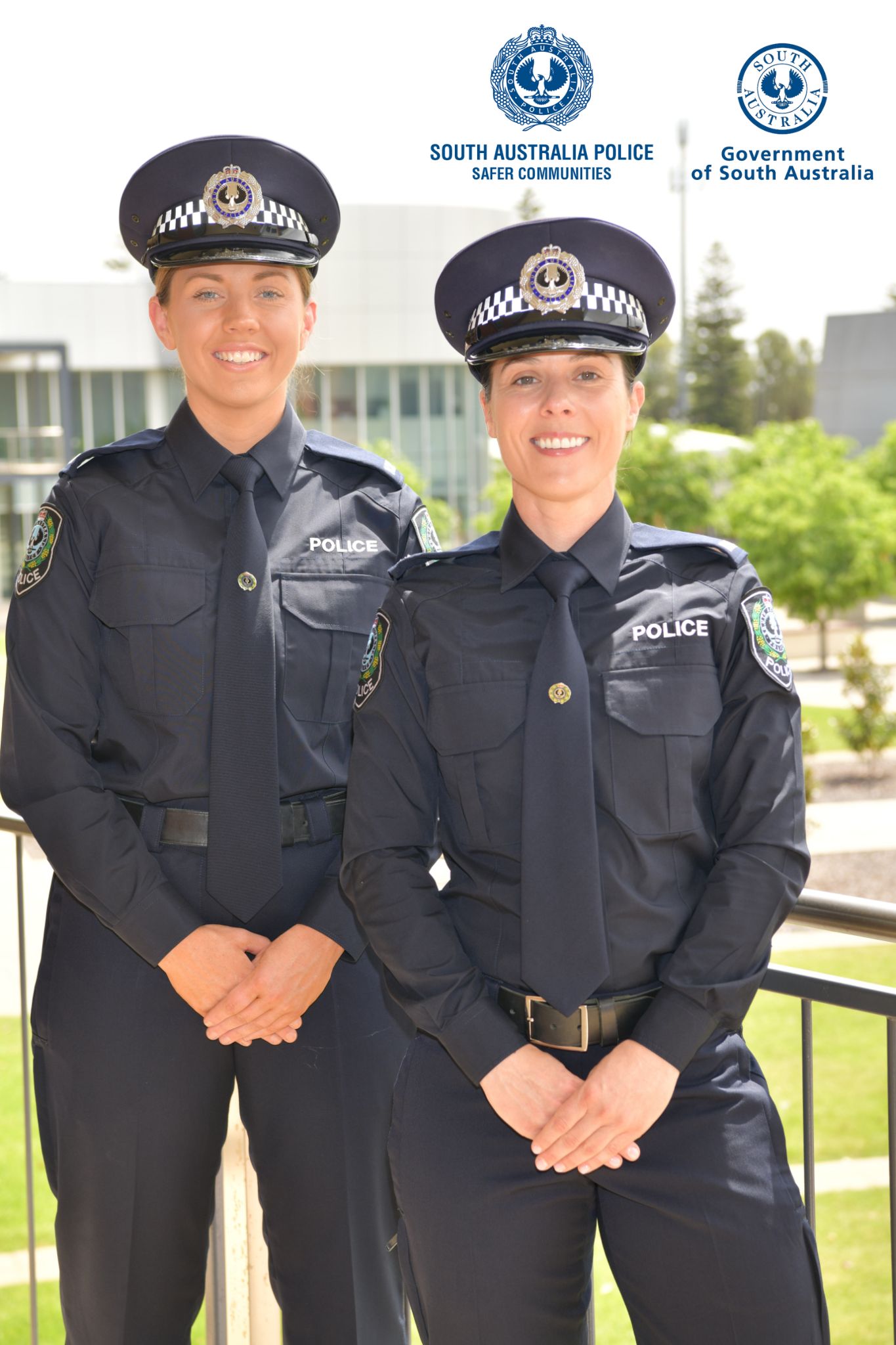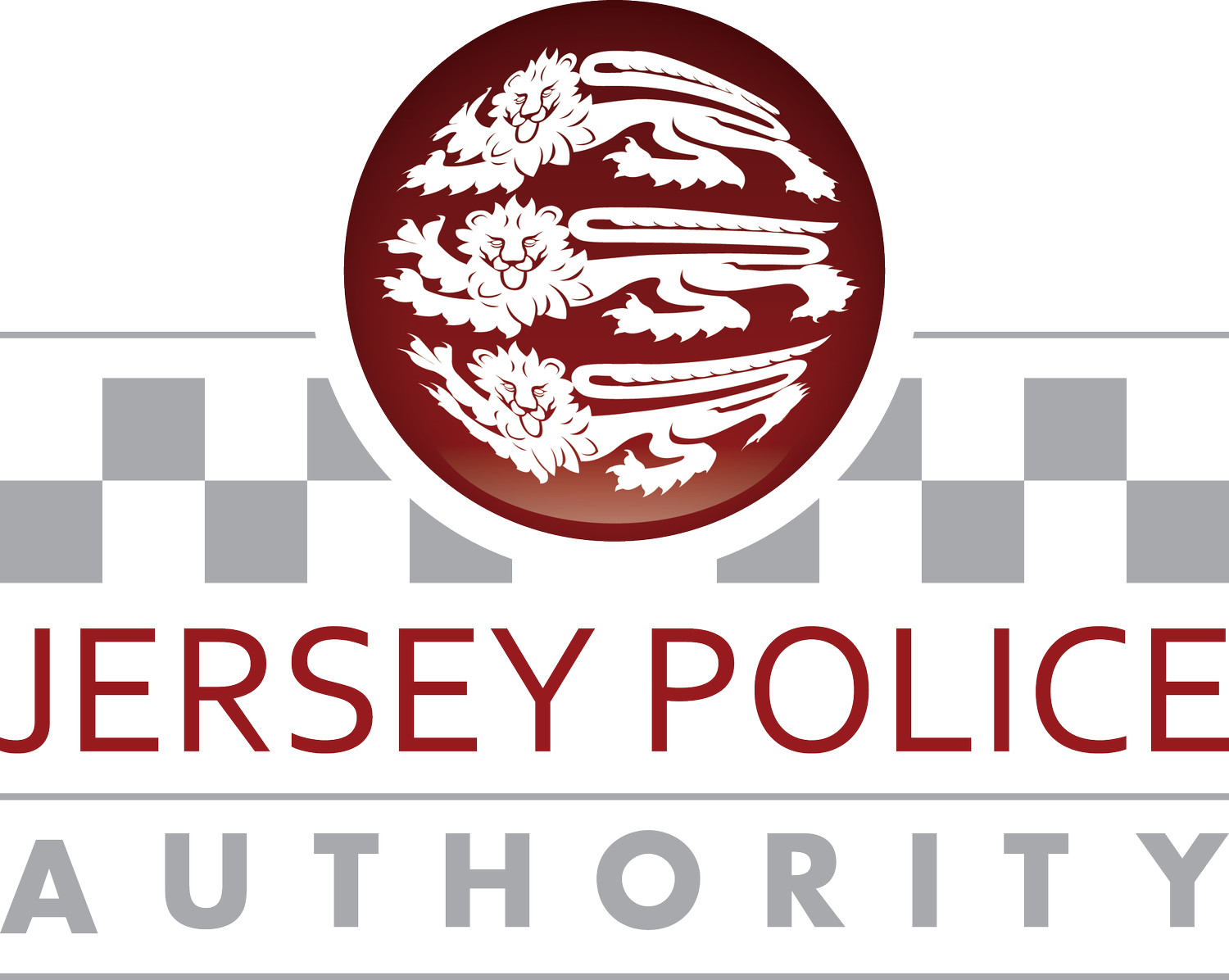Law enforcement is more than just sirens and badges. It's the backbone of our society, ensuring safety, order, and justice for everyone. If you've ever wondered about the roles, responsibilities, and intricacies of police work, you're in the right place. In this article, we'll dive deep into the world of 12 police units, their functions, and why they matter so much to us.
Picture this: you're walking down the street late at night, and suddenly you see those familiar blue lights flashing in the distance. That's not just a car—it's a symbol of protection. The 12 police divisions we'll explore today aren't just numbers; they represent specialized teams working tirelessly to keep us safe. From traffic cops to cybercrime units, each one plays a crucial role in maintaining public safety.
This isn't just an article; it's a journey into understanding how modern policing works. We'll cover everything from the history of police forces to the latest advancements in technology that help them do their job better. So buckle up, because we're about to uncover some serious insights into the world of law enforcement!
- Renee Estevez The Rising Star In Hollywood You Need To Know About
- Joyce Vance The Remarkable Journey Of A Legal Powerhouse
Before we jump into the nitty-gritty details, let's take a moment to appreciate the dedication and bravery of police officers worldwide. These men and women put their lives on the line every single day to protect us. Now, let's get started and break down the 12 police units that make up the backbone of modern law enforcement.
Table of Contents
- The History of Police Forces
- The Role of 12 Police Units
- Unit 1: Traffic Police
- Unit 2: Cybercrime Division
- Unit 3: SWAT Teams
- Unit 4: K9 Units
- Unit 5: Community Policing
- Unit 6: Homicide Investigation
- Unit 7: Narcotics Division
- Unit 8: Forensic Science
- Unit 9: Counter-Terrorism
- Unit 10: Missing Persons
- Unit 11: Domestic Violence
- Unit 12: Environmental Crimes
- Conclusion: Why Understanding 12 Police Units Matters
The History of Police Forces
Let's rewind the clock for a sec and talk about where it all began. The concept of law enforcement has been around for centuries, evolving from ancient civilizations to the modern-day police forces we know today. Back in the day, communities relied on volunteers and local watch groups to maintain order. But as societies grew, so did the need for organized systems to handle crime and public safety.
The first formal police force was established in London in 1829 by Sir Robert Peel. Known as the "bobbies," these officers laid the foundation for modern policing. Fast forward to today, and police forces have become highly specialized, with units dedicated to tackling specific types of crimes and situations. The evolution of technology has also played a huge role in shaping how police operate, making them more efficient and effective than ever before.
- Jericho Rosales Age A Closer Look At The Heartthrobs Life And Legacy
- How Tall Is George Foreman Unveiling The Boxing Legends Height And More
Understanding the history of police forces helps us appreciate the journey they've been on to become the protectors we rely on today. From horseback patrols to high-tech surveillance systems, the transformation has been nothing short of remarkable.
The Role of 12 Police Units
Now that we've covered the basics, let's talk about the 12 police units that form the backbone of modern law enforcement. Each unit has its own unique responsibilities, tools, and expertise, allowing them to tackle a wide range of challenges. Here's a quick rundown:
- Traffic Police: Keeping our roads safe and traffic flowing smoothly.
- Cybercrime Division: Combating online threats and protecting digital infrastructure.
- SWAT Teams: Handling high-risk situations with precision and force.
- K9 Units: Using trained dogs to sniff out drugs, bombs, and missing persons.
- Community Policing: Building trust and partnerships with local communities.
- Homicide Investigation: Solving murders and bringing justice to victims' families.
- Narcotics Division: Fighting the war on drugs and dismantling cartels.
- Forensic Science: Using science to solve crimes and gather evidence.
- Counter-Terrorism: Preventing and responding to acts of terrorism.
- Missing Persons: Locating individuals who have gone missing and reuniting them with loved ones.
- Domestic Violence: Protecting victims and holding abusers accountable.
- Environmental Crimes: Tackling illegal activities that harm the environment.
Each of these units plays a vital role in maintaining public safety and ensuring justice is served. Let's dive deeper into each one and explore what they do and why they matter.
Unit 1: Traffic Police
Let's kick things off with the traffic police. These guys are the ones you see on the side of the road writing tickets and directing traffic. But there's more to them than just handing out fines. Traffic police are responsible for ensuring road safety, responding to accidents, and enforcing traffic laws.
Did you know that traffic accidents are one of the leading causes of death worldwide? That's why traffic police play such a critical role in reducing accidents and fatalities. They use a combination of patrols, speed checks, and public awareness campaigns to keep our roads safe. With the rise of distracted driving and drunk driving, their job has become even more important.
Key Responsibilities
- Enforcing traffic laws
- Responding to accidents and emergencies
- Conducting speed checks and sobriety tests
- Directing traffic during special events
Next time you see a traffic cop, remember they're not just out to ruin your day—they're working hard to keep you safe.
Unit 2: Cybercrime Division
Now let's talk about something a little more modern: cybercrime. With the internet becoming an integral part of our lives, the risk of online threats has skyrocketed. That's where the cybercrime division comes in. These tech-savvy officers are trained to combat everything from hacking to identity theft.
Cybercrime is a massive problem, costing businesses and individuals billions of dollars each year. The division works closely with tech companies, government agencies, and international partners to stay one step ahead of cybercriminals. They use cutting-edge tools and techniques to track down offenders and prevent future attacks.
Types of Cybercrime
- Hacking
- Phishing scams
- Identity theft
- Ransomware attacks
Stay safe online by using strong passwords, enabling two-factor authentication, and being cautious of suspicious emails. The cybercrime division is working hard to protect us, but we all need to do our part too.
Unit 3: SWAT Teams
When things get serious, it's time to call in the big guns—literally. SWAT teams are specially trained units that handle high-risk situations like hostage rescues, terrorist attacks, and barricaded suspects. These guys are the real deal, equipped with the latest gear and tactical training.
SWAT stands for Special Weapons and Tactics, and their motto is "resolve through force if necessary." They're called in when regular police tactics won't cut it. From scaling buildings to breaching doors, SWAT teams are prepared for anything. Their training is intense, and their missions are often high-stakes.
Key Tools and Equipment
- Tactical vests and helmets
- Non-lethal weapons like tasers and flashbangs
- Armored vehicles
- Sniper rifles
SWAT teams are the ultimate professionals, and their work often goes unnoticed by the general public. But rest assured, they're out there keeping us safe from the most dangerous threats.
Unit 4: K9 Units
Who doesn't love a good dog story? K9 units are made up of specially trained dogs and their handlers, working together to detect drugs, explosives, and even missing persons. These furry friends are more than just cute—they're highly skilled partners in the fight against crime.
Did you know that a dog's sense of smell is thousands of times stronger than ours? That's why K9 units are so effective at sniffing out hidden dangers. They can detect even the tiniest traces of drugs or explosives, making them invaluable assets to law enforcement agencies.
Types of K9 Units
- Drug detection dogs
- Explosives detection dogs
- Search and rescue dogs
- Tracking dogs
Next time you see a K9 unit in action, take a moment to appreciate the hard work and dedication of both the dog and its handler. They're a team like no other, working together to keep us safe.
Unit 5: Community Policing
Now let's shift gears and talk about community policing. This approach focuses on building relationships between police officers and the communities they serve. Instead of just responding to calls, community policing officers engage with residents, attend neighborhood meetings, and work to address underlying issues that contribute to crime.
Community policing is all about trust and collaboration. When people feel comfortable approaching officers with concerns, it leads to stronger, safer neighborhoods. Officers in these units often spend more time walking beats and interacting with residents than sitting in patrol cars.
Benefits of Community Policing
- Improved trust between police and communities
- Reduced crime rates
- Increased reporting of suspicious activity
- Better understanding of community needs
It's a win-win situation for everyone involved. By working together, police and communities can create safer, more cohesive environments for everyone.
Unit 6: Homicide Investigation
When it comes to solving murders, homicide investigators are the real stars of the show. These detectives are trained to gather evidence, interview witnesses, and piece together the puzzle of what happened. Their work is often depicted in TV shows and movies, but the reality is much more complex and challenging.
Homicide investigations require patience, attention to detail, and a deep understanding of human behavior. Officers in this unit work long hours, often under intense pressure, to bring justice to victims and their families. They use a combination of forensic science, witness testimony, and intuition to solve even the toughest cases.
Steps in a Homicide Investigation
- Securing the crime scene
- Gathering and analyzing evidence
- Interviewing witnesses and suspects
- Building a case for prosecution
While the job is tough, the reward of bringing closure to grieving families makes it all worthwhile. Homicide investigators are the unsung heroes of law enforcement, working tirelessly to uncover the truth.
Unit 7: Narcotics Division
Next up is the narcotics division, tasked with fighting the war on drugs. These officers specialize in dismantling drug cartels, busting dealers, and educating the public about the dangers of drug use. With the opioid crisis reaching epidemic levels in many parts of the world, their work has never been more important.
The narcotics division uses a combination of undercover operations, informants, and surveillance to track down drug traffickers. They also work closely with other agencies, both domestically and internationally, to disrupt drug supply chains. Their efforts have led to the seizure of millions of dollars' worth of illegal drugs and the arrest of countless criminals.
Challenges in Narcotics Enforcement
- Staying ahead of evolving drug trends
- Building trust with informants
- Navigating


Detail Author:
- Name : Beaulah Crist PhD
- Username : sydnee.bednar
- Email : kim.haag@yahoo.com
- Birthdate : 1995-02-03
- Address : 638 Mante Course Suite 161 East Rylan, DC 84839-0532
- Phone : 469-922-1704
- Company : Huel-Gaylord
- Job : Biomedical Engineer
- Bio : Vitae ipsa amet necessitatibus et nemo. Est quia aut inventore debitis repellendus. Molestias maiores et dignissimos.
Socials
instagram:
- url : https://instagram.com/melbamann
- username : melbamann
- bio : Asperiores asperiores dolores iure et. Molestiae accusantium consequuntur rerum voluptas aut quia.
- followers : 4230
- following : 1582
twitter:
- url : https://twitter.com/melba_mann
- username : melba_mann
- bio : Dolor repellendus quibusdam enim molestiae. Quod at vitae ut vel nihil itaque a. Quia cumque sint rerum alias delectus labore.
- followers : 2566
- following : 847